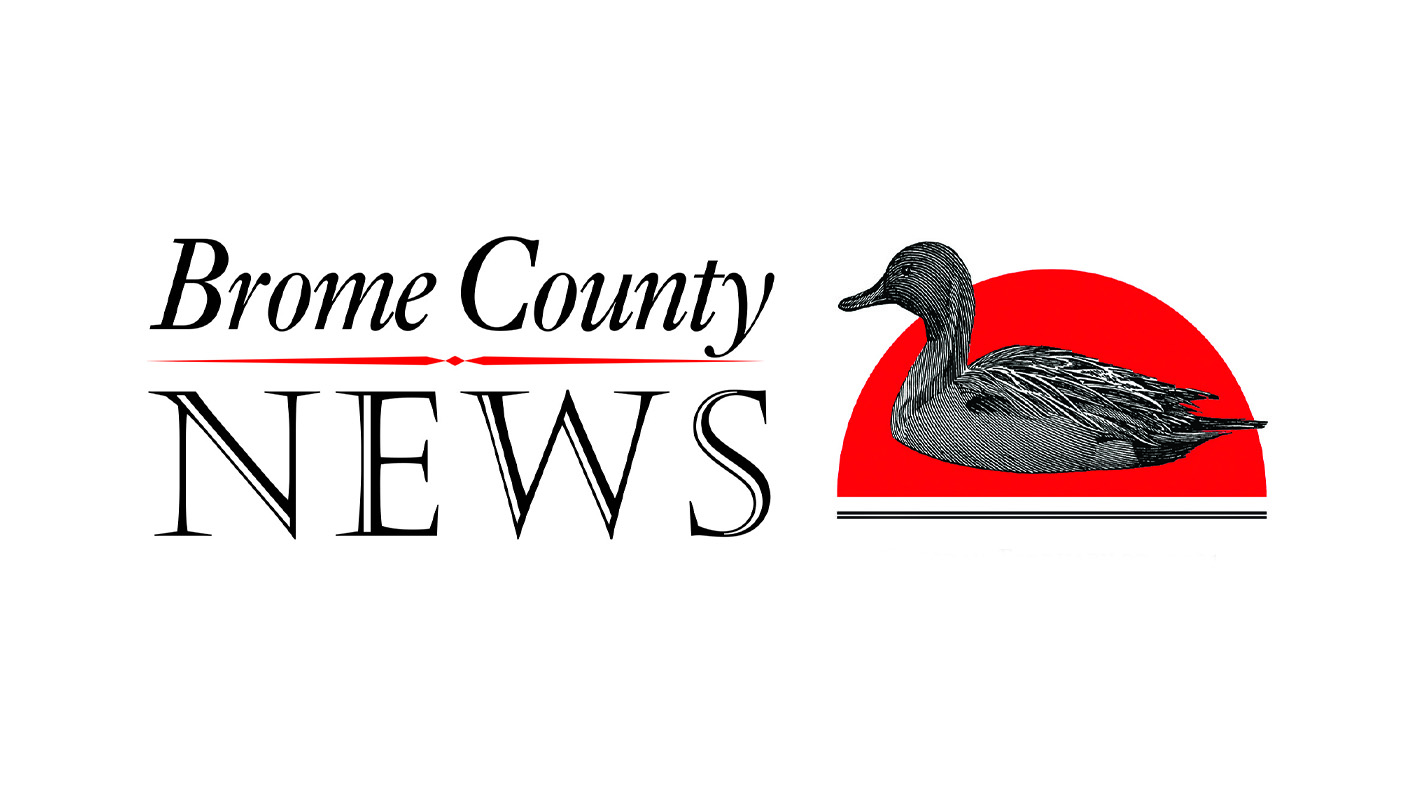As the winter 2022 legislative session draws to a close and Bill 96, the sweeping reform to the Charter of the French Language proposed by the Legault government, barrels toward ratification, doctors and members of the English-speaking community are scrambling to obtain clear answers about what the bill means for access to health care in English.
Justice minister Simon Jolin-Barrette, the bill’s principal architect, has repeatedly said the provision of the health and social services act guaranteeing access to health care in English to all “English-speaking persons” to the extent that resources permit won’t be affected by the bill. However, those with concerns about the law, including in the medical community, have repeatedly said his verbal statements aren’t enough.
“Although the declarations of the premier and [Jolin-Barrette] are reassuring, the text of the bill, as it’s currently formulated, maintains some grey zones and gives reason to worry about the future possibility of patients to communicate in the language of their choice with their care provider,” wrote Dr. Mauril Gaudreault, head of the Collège des médecins du Québec, in an open letter on the order’s website.
The bill mandates the “exemplary use of French” within all sectors of the public service, but allows for exceptions where “health, public safety or the principles of natural justice so require.”
Maggie Severs, executive director of Townshippers’ Association, said neither Jolin-Barrette’s statements nor the “natural justice” exemption allay her concerns. “The way it’s stated now doesn’t instill confidence in us,” she said.
“If [Jolin-Barrette] is saying they’ll clarify the language, that is encouraging, but the way it is written originally is not very clear,” said Jennifer Johnson of the Community Health and Social Services Network, a Quebec City-based nonprofit which supports access to health care for English-speaking communities across Quebec.
Severs said she would prefer to see an amendment to the bill stating outright that English speakers’ right to access health care in their language of choice is unchanged.
She also expressed concerns that English speakers would not seek out health care due to the perception that they are ineligible or that the services aren’t available. “We already see [English speakers] not reaching out to health and social services because they don’t believe there are services for them,” she said. “English-language health care services are already incredibly inaccessible in our region, and that will continue to be the case.”
“I wouldn’t worry” Justice Ministry spokesperson Isabelle Boily said fears English speakers will lose access to health care are “unfounded.”
“An amendment added to Bill 96 expressly confirms that the dispositions of the Charter of the French Language do not block the utilization of languages other than French for the application of the Health and Social Services Act,” she said. However, only the unamended version of the bill, tabled in May 2021, was available on the National Assembly website at press time.
To Gaudreault’s concern that doctors would be prevented from communicating with patients in the language of their choice, Boily replied, “that isn’t the case.”
“Although all members of a professional order must show a knowledge of French appropriate for the practice of their profession…the provisions [of Bill 96] don’t forbid them to communicate with patients in other languages,” she clarified.
Jean-François Leroux is a lawyer specializing in access to health care at the Montreal-based law firm Medlegal. “The Health and Social Services Act will continue to apply, so if I was a member of the English-speaking community, I wouldn’t worry,” he said. He does, however, acknowledge the existing caveat in that law, which states that services will be provided in English to the extent that resources allow: “If I was an English-speaker living in Abitibi, for example, I’d perhaps be more worried about access to health care than I was in Montreal.”
Impact on hiring
According to Severs, even though access to health care services in English is maintained in theory, the bill could have a detrimental effect on service availability in practice, particularly through its impact on education and hiring. “We can anticipate that there will be fewer English-speaking [young professionals] coming out of the CEGEP system, and fewer bilingual French speakers as well,” she said. The bill will also require employers to “take all possible measures” to avoid imposing knowledge of a language other than French as a hiring requirement, according to the justice ministry. Severs said these reforms, along with the possibility of a health professional receiving an anonymous complaint about their language use, may slowly reduce the number of health professionals willing and able to provide English service.
“We may on paper have the right to access health care services, but if there are no professionals, or only a small pocket of professionals, providing that care, there’s no access to that right regardless,” she said.



